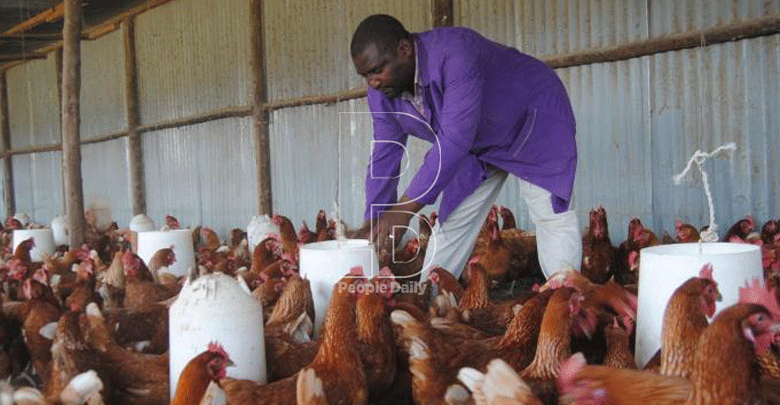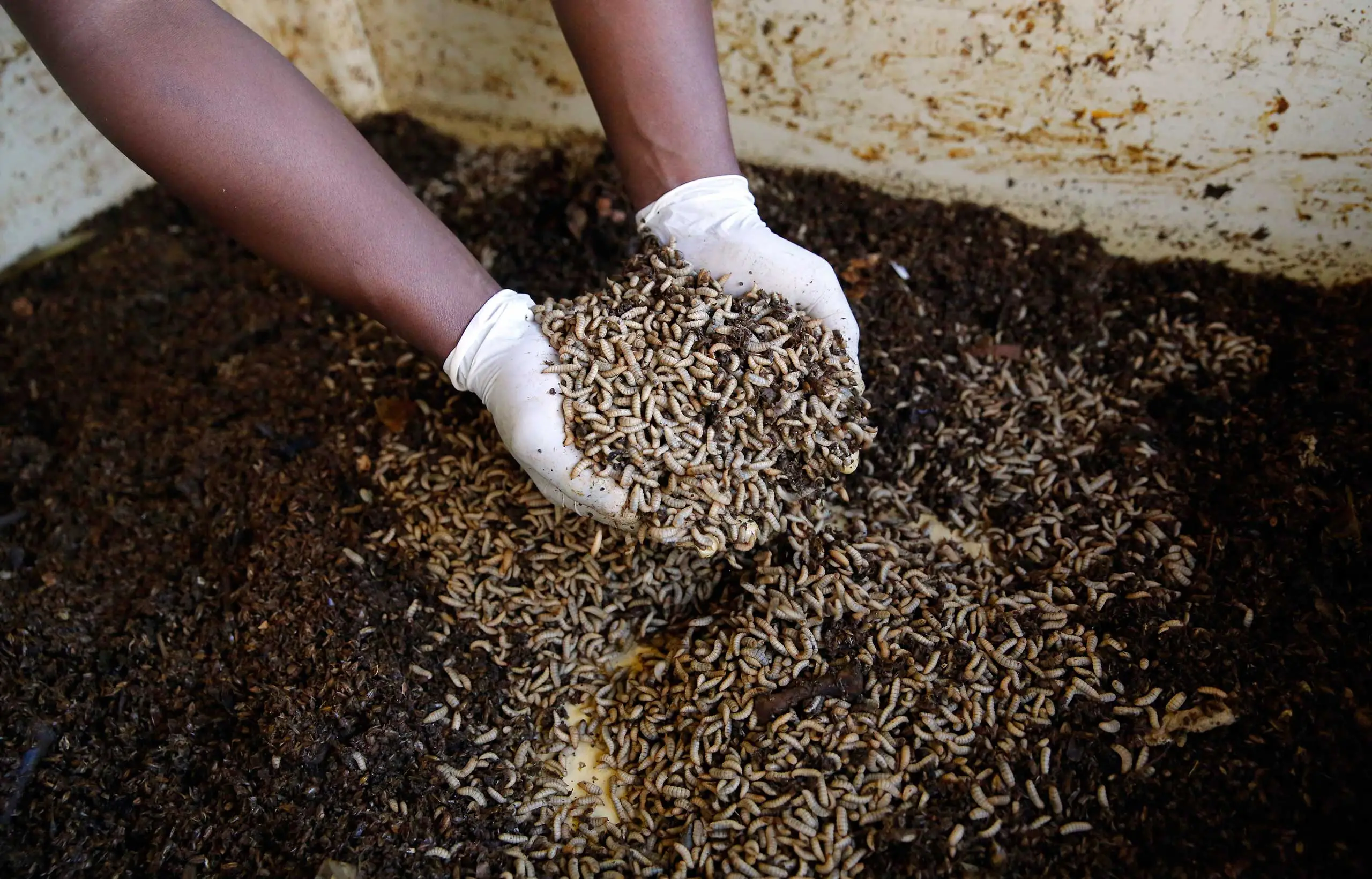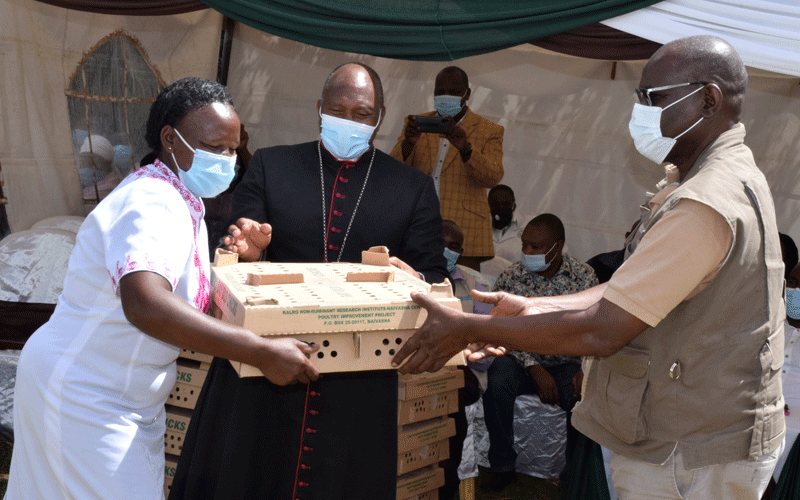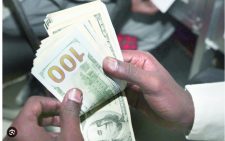Poultry farmers decry poor uptake

Poultry farmers in Western region last week breathed a sigh of relief when the government revised curfew hours for 13 lake region counties designated Covid-19 hotspots, saying their businesses had been highly crippled.
Extension of curfew time from 10pm to 7pm, leading to early closure of businesses for the last two months, further diminished demand for poultry and chicken products from the fields, a situation which had already been made worse by earlier restrictions.
A plate of ugali and chicken in a modest hotel in Kakamega town goes for almost the same price as a plate of Ugali and beef or mutton, thanks to the health and safety measures to contain ravages of the coronavirus disease.
The measures rolled out in March last year has seen curfew time reviewed upwards severally, resulting in restrictions that have impaired operations in the hospitality industry to below 40 per cent for close to one year.
Interviews conducted across sections of sellers, fast food outlets and hotels In Kakamega town by Agribiz reveals that a three-kilogramme indigenous cockerel retails for less than Sh1,000, compared to a kilogramme of beef, which costs Sh600.
In Western Kenya, where a lot of premium is attached to chicken, prices of broilers have hit the lowest ebb.
A two-kilogramme broiler, preferred mostly by fast food outlets can fetch as little as Sh400, which is catalysing a shift in production to rearing ordinary chicken. A fully grown improved kienyeji cockerel will cost about Sh800.
Attracting low prices
This is a departure from the norm three years ago, where a mature pure kienyeji (indigenous) chicken weighing three kilogrammes at local markets would fetch the upwards of Sh1,500.
Francis Nzaywa, a distinguished chicken trader at Kakamega Municipal Market for the past 15 years told Agribiz the 7pm curfew for Western Kenya counties has grossly undermined the sector.
The government restriction on congregations has confined enjoyment of chicken to family dinner tables.
“Our main customers are hotels and eateries, funeral and wedding feasts, which the government restricted, limiting the number of participants,” says Nzaywa.
“Even during the recent Eid al-Adha celebrations, kienyeji cockerels hardly retailed above Sh1,000,” he observes.
He blames the low prices on the uncertainty of the market condition, curfews and partial lockdowns, which he argues has diminished personal spending on leisure resulting in less demand.
“Ordinarily, I’m a chicken supplier and since June when President Uhuru Kenyatta imposed tougher restrictions to our county and surrounding ones, I’m operating at less than 30 per cent,” he says.
“My turnover thrives on feeding the masses. My main clients were event organisers who cater for funerals, weddings, hotels and eateries. All these were crippled by the restrictions,” he adds.
Operating below par
Tom Nehondo, a poultry farmer and a leading producer and supplier of the broilers, also agrees that the sector was experiencing challenges.
”I stopped rearing broilers for a while, because of limited demand and low prices,” he says.
“The birds are ready for disposal at six weeks, but the demand is low, because available outlets are also operating below par,” he adds.
He says he has shifted to rearing pure kienyeji chicken, because the market condition for broilers remains uncertain.
“The market value for Kienyeji chicken and its products, such as eggs is guaranteed,” he adds.
John Sakamai, a manager of a leading Eatery along Canon Awori Street in the county says he decided to shrink demand for broilers by over 60 per cent, because of less working hours and shrinking clients.
The chief officer for agriculture, livestock and fisheries in Kakamega County Government, Jeremiah Namunyu, says the pandemic is serving Kenyans with guaranteed cheap proteins.
“Yes chicken is retailing cheaply and this is great for consumers although producers have every reason to frown because the returns cannot justify the input,” he explains in conclusion.















